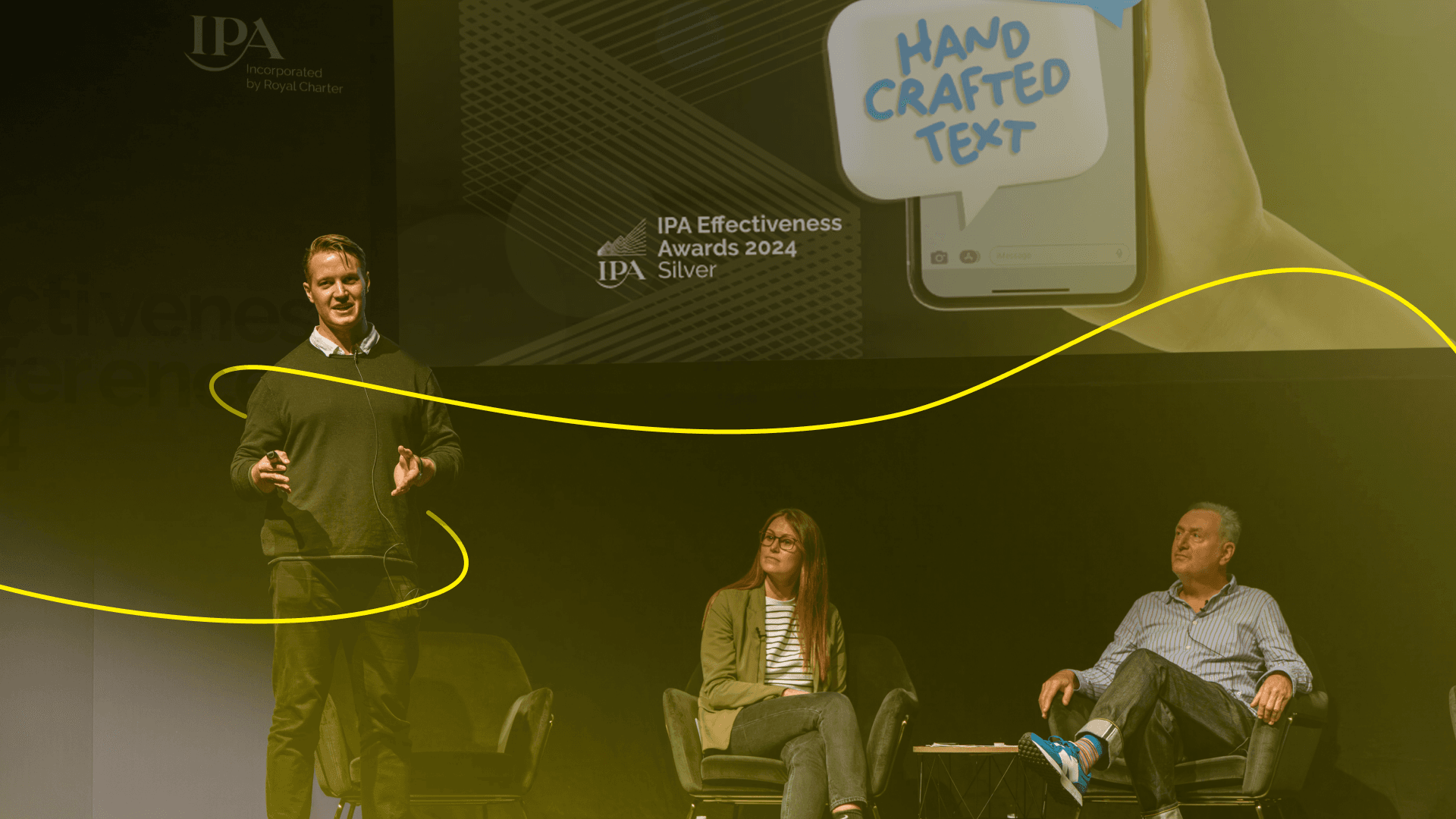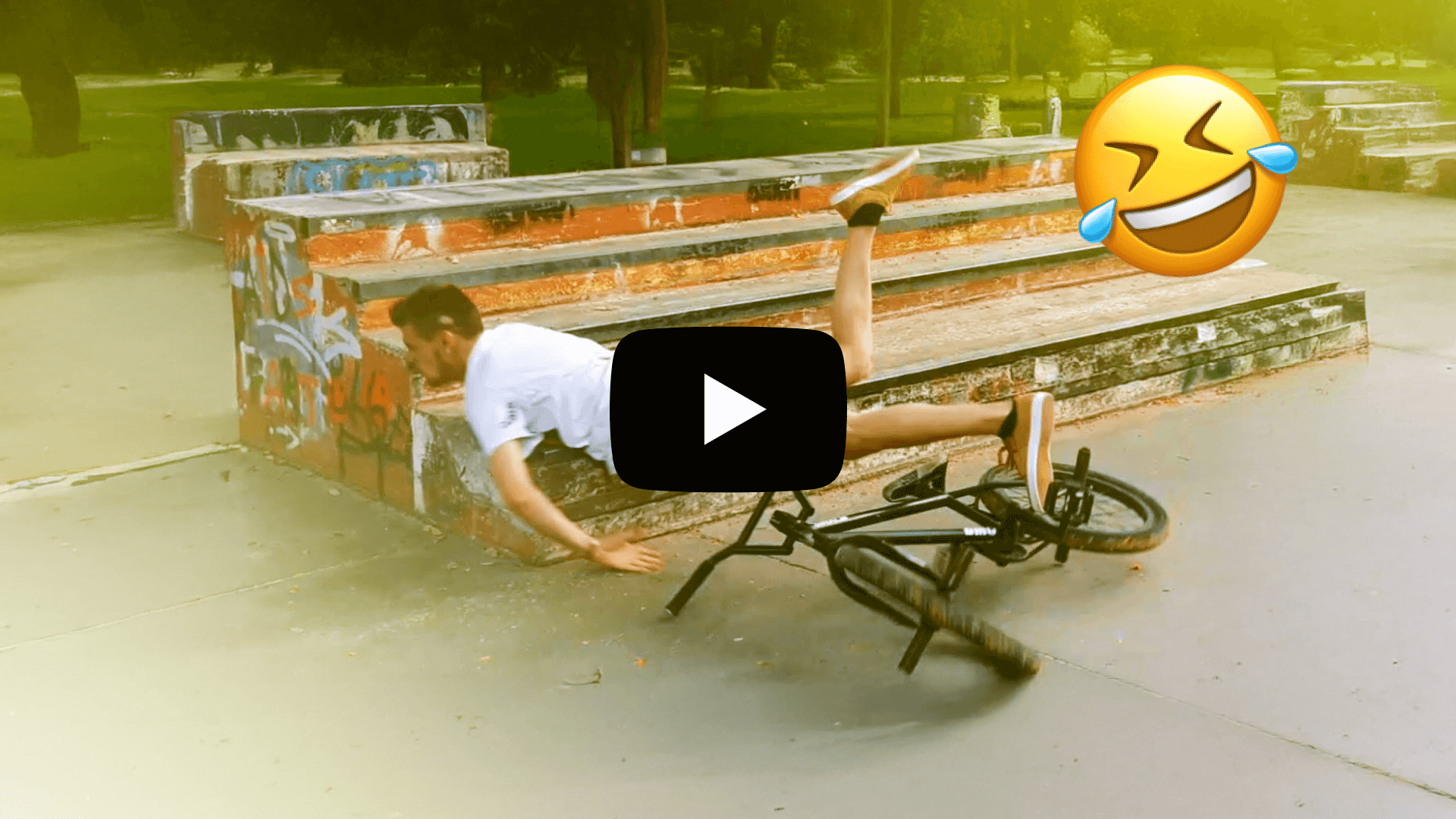
At the recent IPA Effectiveness Conference in London, a panel discussion tacked the rather lengthily titled topic of “The next quarter vs the next generation – How two very different advertisers go shorter, go longer…and in between.”
The discussion brought together key industry voices to explore the delicate balance of shorter-term impact and long-term brand building. Moderated by Lawrence Green, Director of Effectiveness at the IPA, the panel featured Caspar Yuill, Senior Strategist from AFFINITY, and Emma Paxton, Marketing Manager for seasonal Cadbury brands at Mondelez International.
Green set the stage by emphasising the simplicity of the case studies, the absence of complex technical models or flashy QR codes, the straightforward storytelling and clever strategic thinking. The conversation highlighted two contrasting campaigns: AFFINITY’s data-driven, short-term turnaround (in relative terms, being a 12-month campaign) for Concierge Carwash in Australia and Cadbury’s longer-term festive platform, Secret Santa. Both campaigns exemplified how constraints, whether budgetary or regulatory, can spark innovation and lead to impressive outcomes.
Caspar Yuill, representing AFFINITY, spoke about the unexpected success of a humble text messaging campaign created to revitalise a struggling car wash brand. Faced with a nearly 90% revenue drop due to COVID-19 lockdowns, the team used a limited budget and existing customer data to re-engage consumers. Through meticulous analysis of weather patterns, customer behaviour, and the most effective communication days, AFFINITY crafted a personalised approach that ultimately delivered an additional $3.7 million in revenue and increased average transaction values, demonstrating the power of data-led, short-term tactics when executed with precision.
On the other side of the spectrum, Emma Paxton presented the Cadbury Secret Santa campaign, a long-term initiative aimed at making Cadbury synonymous with festive generosity. The campaign utilised digital out-of-home posters, featuring a character called Jeff the Postman, to turn public spaces into interactive gifting opportunities. The work reached 47.5 million people and saw 150,000 consumers send free chocolate bars to loved ones, blending physical and digital experiences to create lasting brand equity. This campaign highlighted how an enduring platform could be built upon a simple, repeatable ritual, cleverly positioned against much larger seasonal advertising budgets.
The short vs. long debate
As the panellists explored their campaigns, one central theme emerged: the necessity of balancing shorter-term vs much longer-term strategies. While the allure of quick wins can be tempting, Yuill and Paxton emphasised the importance of understanding when and how to deploy each approach effectively. AFFINITY’s work for Concierge Carwash demonstrated that shorter-term strategies, when rooted in solid data and customer insights, can produce significant returns, even with limited resources. Meanwhile, Cadbury’s long-term commitment to Secret Santa illustrated the potential of consistent brand-building efforts to not only deliver immediate sales but also create a platform for sustained engagement and growth.
Yuill pointed out that not all brands have the luxury of focusing exclusively on long-term goals. For smaller or emerging brands, like Concierge Carwash, the ability to generate immediate results can be critical for survival. He emphasised that understanding the market context and being able to react quickly with effective, cost-efficient solutions is vital.
Personalisation vs. meaningful engagement
A fascinating point of discussion centred around the concept of personalisation, with Green noting that both campaigns had succeeded where many others have failed—delivering genuinely engaging, personalised experiences without over-complicating the execution. Yuill shared his view that the industry’s predilection with hyper-personalisation can sometimes be misguided, particularly when it’s driven by MarTech vendors with an agenda. He argued that focusing on meaningful segmentation, rather than attempting to tailor every detail for each individual, can be far more impactful and cost-effective. AFFINITY’s use of RFM segmentation (Recency, Frequency, Monetary value) was a prime example of this approach, creating significant uplift without the need for complex or expensive technology.
Paxton supported this view, noting that while Cadbury’s Secret Santa campaign offered a degree of personalisation (allowing consumers to choose specific bars for their recipients). It was the human touch, embodied in the character of Jeff, that truly resonated. The goal was to make the experience feel warm and authentic, leveraging personalisation in a way that enhanced the emotional connection rather than detracting from it.
Simplicity as a competitive advantage
The discussion concluded with a reflection on simplicity. Green, Yuill, and Paxton all agreed that the ability to distil a strategy into its simplest form can be a powerful advantage. Yuill referenced an American football coach’s philosophy: “You can’t be aggressive when you’re confused.” This mentality underpinned both campaigns, by stripping back complexity and focusing on clear, actionable insights, the teams were able to execute with precision and impact. For AFFINITY, it meant leveraging data points to drive targeted, effective messaging; for Cadbury, it was about transforming a simple holiday ritual into a scalable and enduring brand platform.
So, what’s the long and short of it?
As brands navigate an increasingly fragmented and competitive marketplace, the panel’s insights offer a valuable blueprint. Balancing aspirations requires not only a deep understanding of consumer behaviour but also the agility to adapt quickly and effectively. AFFINITY’s and Cadbury’s case studies serve as a reminder that with the right approach, even the most constrained resources can yield impressive outcomes, whether it’s boosting sales over 12 months, or building a platform that lasts for generations.








